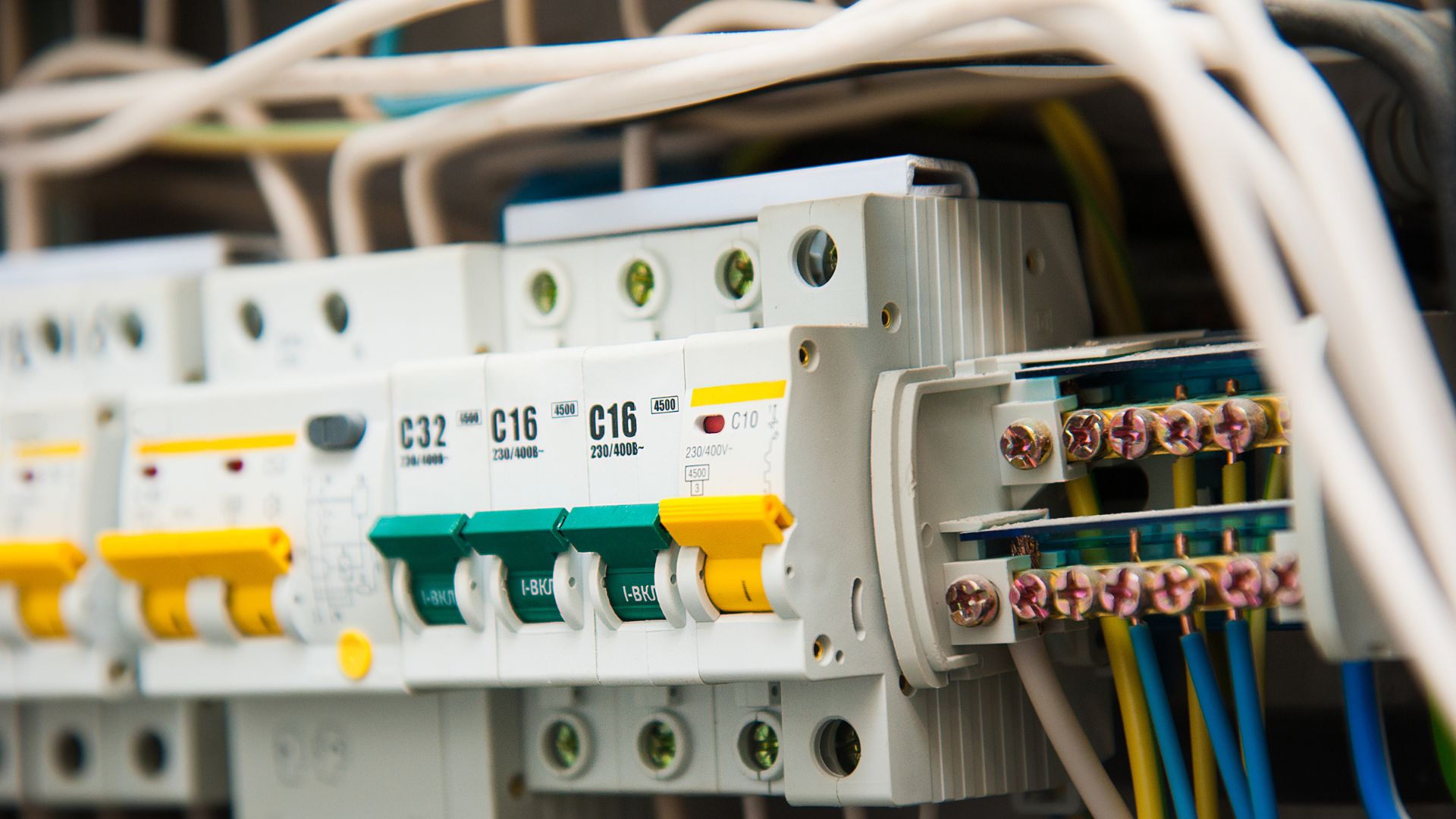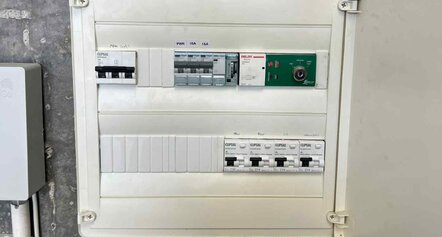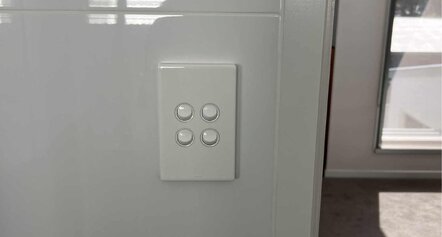Switchboard compliance is imperative in safeguarding tenants and meeting legal obligations for rental properties across Queensland. It is no longer enough to assume that an old switchboard is still fit for purpose simply because it appears to be working. As electrical safety regulations continue to evolve, staying informed and proactive is essential for every landlord and property manager.
Recent changes to Queensland's electrical safety legislation have introduced stricter requirements specifically targeting rental properties. These updates include a stronger emphasis on using modern protective devices, clearer responsibilities for landlords, and tighter timeframes for ensuring compliance during new tenancies or property transfers. Falling behind on these updates is not only a legal risk but could also lead to serious safety hazards for those living in the property.
For landlords, understanding what these new standards mean in practical terms is key. From choosing the right switchboard components to knowing who can legally carry out the work, compliance now requires more than a quick check or a verbal assurance. A failure to act can result in significant fines, insurance issues, or even tenant injury.
In this guide, we break down everything you need to know about rental switchboard compliance in Queensland, including what's changed, what's required, and how to stay ahead.
Switchboard Compliance in QLD Rentals
In Queensland, landlords have a legal duty to provide a safe living environment. This includes ensuring the property's electrical systems meet current safety standards. At the heart of this responsibility lies the switchboard, which controls and distributes power throughout the home.
Modern safety regulations require more than just the presence of a switchboard; they demand that it be equipped with compliant, up-to-date protection for every circuit. This means installing devices that guard against both electric shock and overcurrent faults, reducing the risk of fires, equipment damage, and serious injury.
As legislation evolves, older switchboards with outdated fuses or basic safety switches may no longer meet compliance requirements, especially after tenancy changes or renovations. For landlords, staying on top of these standards isn't optional; it's essential for protecting tenants and avoiding costly penalties.
RCBOs vs. RCDs: What's the Difference?

Historically, Residual Current Devices (RCDs), commonly known as safety switches, were used to protect against electric shock by detecting leakage currents. However, they do not offer overcurrent protection. Residual Current Circuit Breakers with Overcurrent Protection (RCBOs) combine the functions of an RCD and a circuit breaker, providing both earth leakage and overcurrent protection in a single device.
This dual functionality makes RCBOs the preferred choice for new installations and upgrades, aligning with the Australian Standards (AS/NZS 3000:2018) .
Key Compliance Requirements for Landlords
To ensure compliance with Queensland's electrical safety regulations, landlords should adhere to the following requirements:
RCBO Installation
Individual RCBOS must protect all final sub-circuits in new or upgraded switchboards, providing comprehensive protection against electric shock and overcurrent.
Safety Switches
While existing installations may have RCDs, any upgrades or new installations should use RCBOs for each circuit to meet current standards.
Installation Deadlines
If compliant protection is not already present, it must be installed within 90 days for new tenancy agreements or property transfers.
Maintenance and Testing
Landlords must ensure all RCBOs are operational and inform tenants of their location and how to test them. Tenants are encouraged to test safety devices every three months.
Licensed Electrical Work
Only licensed electricians are permitted to perform switchboard upgrades or install RCBOs. DIY electrical work is illegal and poses significant safety risks.
Penalties for Non-Compliance
Failure to comply with these regulations can result in substantial penalties:
- RCBO Installation: Up to $1,500 fine for non-compliance.
- Installation Deadlines: Notices to comply and additional fines may be issued for failing to install compliant protection within the specified timeframe.
- Unlicensed Electrical Work: Engaging in or allowing unlicensed electrical work can lead to significant fines and legal consequences.
- Roof Space Entry Violations: Effective January 2025, penalties apply for failing to switch off power before entering a roof space for work.
Best Practices for Landlords
Maintaining electrical compliance in a rental property requires more than a one-time upgrade. Landlords should arrange regular inspections of the switchboard and all electrical systems through a licensed electrician, particularly before a new tenancy begins or after any renovation work.

These checks help identify outdated components or emerging issues early on. It is also important to educate tenants about the location and function of safety switches or RCBOs, provide clear instructions on how to test them, and encourage routine checks every three months. Tenants should be urged to report any flickering lights, shocks, or unusual electrical behaviour without delay.
In addition, landlords should keep thorough records of all electrical work, including inspection dates, compliance certificates and maintenance history, to demonstrate legal compliance if required. Staying informed about changes to Queensland's electrical safety laws is equally essential, as regulations can change with little notice.
Using only licensed electricians for any work is critical. Attempting DIY jobs or hiring unqualified contractors breaches the law and can lead to serious safety risks and significant penalties.
By following these best practices, landlords can confidently meet their legal responsibilities while ensuring their tenants a safe and compliant living environment.
Prioritising Electrical Safety in Your Rental Property
Ensuring your rental property's switchboard complies with Queensland's electrical safety regulations is not just a legal obligation but a critical aspect of tenant safety. By understanding the differences between RCBOs and RCDs, adhering to installation deadlines, and engaging licensed professionals for electrical work, landlords can maintain safe and compliant properties. Regular maintenance and open communication with tenants further enhance safety and compliance.
If you're unsure about the current state of your switchboard or need a professional opinion, reach out to Watt Edge Electrical on the Sunshine Coast. Their licensed electricians specialise in switchboard upgrades and compliance checks for rental properties, helping landlords meet all regulatory requirements with confidence and ease.
Frequently Asked Questions
Do I have to upgrade my switchboard if it's working fine?
Yes, if you're starting a new tenancy or transferring ownership, and the existing switchboard does not meet current standards, it must be upgraded within 90 days, even if it's still functioning.
Are RCBOs mandatory for all rental properties in Queensland?
RCBOs are mandatory for all new or upgraded switchboards. While older properties may still have RCDs, any new work must comply with the latest standard, which requires an individual RCBO for each circuit.
How often should switchboards be inspected?
It's recommended to have a licensed electrician inspect your switchboard every few years, or sooner if you notice flickering lights, frequent tripping, or signs of overheating.
Can landlords install safety switches or RCBOs themselves?
No. All electrical work, including switchboard upgrades or the installation of RCBOs, must be carried out by a licensed electrician. DIY electrical work is illegal and extremely dangerous.
What is the roof space rule starting in 2025?
From January 2025, power must be switched off at the main switchboard before anyone enters a domestic roof space to perform work, except in a few limited scenarios. This rule protects workers from accidental electrocution.
What happens if I ignore these requirements?
Non-compliance can result in fines, notices to comply, insurance complications, and serious legal consequences if tenants are injured due to unsafe electrical systems.




